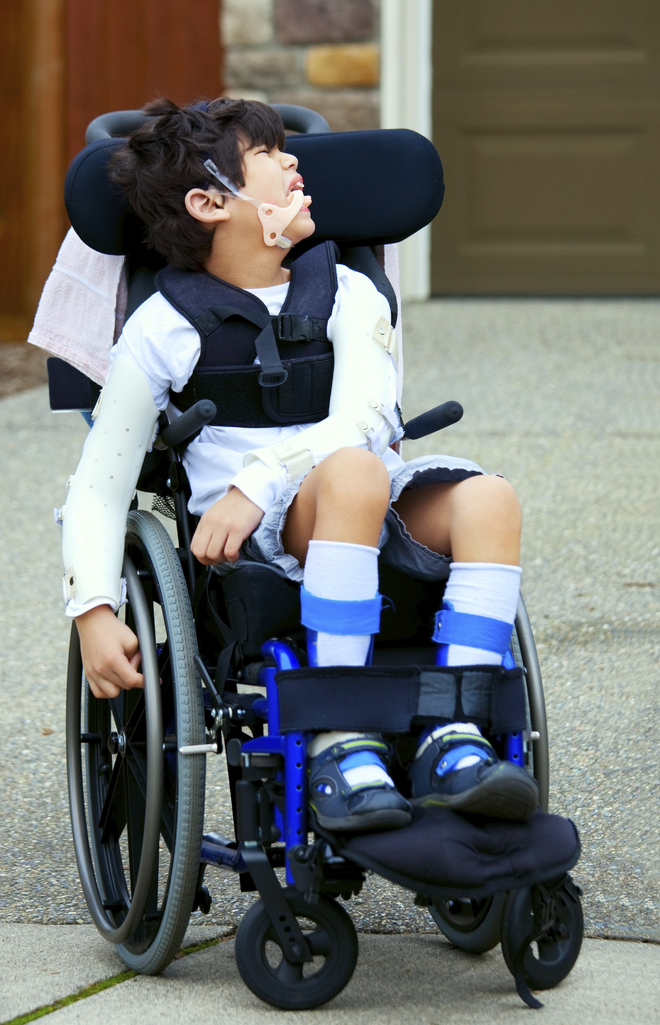Sex and sexuality
Shubhangi Vaidya
We, as a society, are notoriously squeamish about matters sexual, never mind that we have the world’s second largest population. When sexuality is tagged with disability the silence becomes deafening and our innate prejudices about differently abled people come to the fore. A recent film on the theme of disability, Margarita with a Straw, has elicited a mixed response from the audiences.
The film tells the story of a college student Laila (Kalki Koechlin) who has cerebral palsy and her experiences with sexuality and intimacy, including a lesbian relationship with a blind woman. While some have praised the bold theme and the frank depiction of sexuality, others have critiqued the film for it being too simplistic and glossing over the everyday problems and discriminations faced by persons with disability in India. Nonetheless, the film has certainly succeeded in putting the cat among the pigeons and opening up the hitherto taboo subject of sexuality for public discussion.
It is believed that people with disability are not complete 'persons' with the same aspirations, desires and rights as the able bodied. They are 'children of a lesser god', at best deserving of our sympathy and charity. Today, there is greater awareness and appreciation of their rights as citizens to lead lives of dignity. However, efforts at their inclusion in the society are primarily geared towards education, training and rehabilitation. Their needs for intimacy, emotional connection and a fulfilling family life are seldom acknowledged or addressed.
Women and girls with disability in particular face a 'double jeopardy'; womanhood and disability are both devalued identities. Most differently abled women are deemed unfit for marriage, domesticity and motherhood; the most important goals for a woman in our society and culture. A differently abled woman due to her physical limitations is denied the right to experience physical intimacy and viewed as an 'asexual' being. However, the harsh reality is that differently abled women are frequently the target of sexual abuse within and outside the family; their physical and emotional vulnerability makes it very difficult for them to resist the crime or report the perpetrator. The recent horrendous gangrape and murder of a mentally challenged woman in Rohtak, Haryana, is an extreme example of the violence that is routinely perpetrated against differently abled women and girls which annihilates their humanity and treats them as objects to be used and discarded.
In the Indian context, sexuality is expressed within the institution of marriage. The idea of 'dating' may be catching on in urban, elite circles but the idea of men and women freely mingling and engaging in intimate contact outside the purview of marriage is generally considered unacceptable and a slur to family honour. Arranged marriages are the norm. As ours is a patriarchal society, men with disabilities do manage to find spouses because of their social superiority as males. Women with mild disabilities, who can do household chores, may be married off to men who are much older or widowers. They may face physical and sexual violence in such unions which they have to withstand stoically.
Women and girls with more severe disabilities may be confined to the four walls of the house, and thus become social recluses with few opportunities to interact with persons outside the immediate family. They internalise the negative and dehumanising social attitudes towards them and come to regard themselves as inferior and undesirable. In a culture that places a premium on "beautiful brides", woman with disabilities are made to feel grotesque and 'freaks'; resulting in a poor body image and low self-esteem.
In the case of persons with intellectual disabilities and conditions like autism, sexuality presents different issues. Sexual maturation and the capacity to experience sexual arousal may not be accompanied by the social skills and emotional maturity required to initiate intimate relationships. Parents and care-givers tend to regard them as eternal children and find it very difficult to think of their child as a sexual being. Careful teaching and counselling is required to help them deal with their sexual needs appropriately and to minimise the risk of abuse and exploitation. The Chandigarh Nari Niketan case (2009) in which an intellectually challenged young woman was raped and subsequently gave birth to a child raised many delicate legal and ethical issues pertaining to sexual and reproductive rights of persons with disability.
The individual as a free agent who can chose her sexual partners, enter into relationships with the opposite sex or the same sex and experiment with her sexuality as we see in Margarita with a Straw is far cry from the reality experienced by most Indian woman, let alone women with disabilities. It also treats the issues of access, inclusion and acceptance as already settled, which is far from the truth for most young people with disabilities, and thus speaks only for the elite few.
While sexuality is important, it is the emotional connection, empathy and care that all human beings need the most. In a pre-release promotional programme of the film on a leading TV channel, a parent of a young man with intellectual disability said that what really concerned her about her son's future was that he should have someone to care about him and be concerned about him when she was gone. Disability presents some unique challenges and opportunities that enable us to calibrate our understanding of what it means to be human.
However, the film has created a climate for discussing this very important issue. The core issue that needs to be addressed is an understanding of sexuality as not just a physical need for sex but a desire for companionship, emotional connection and mutual respect between partners. Helping persons with disabilities enter into and sustain such relationships requires a change in our very conception of disability. We need to move from the vocabulary of lack and deficit to one of difference and diversity. Only then can we engage with disability and sexuality with empathy and responsibility.









